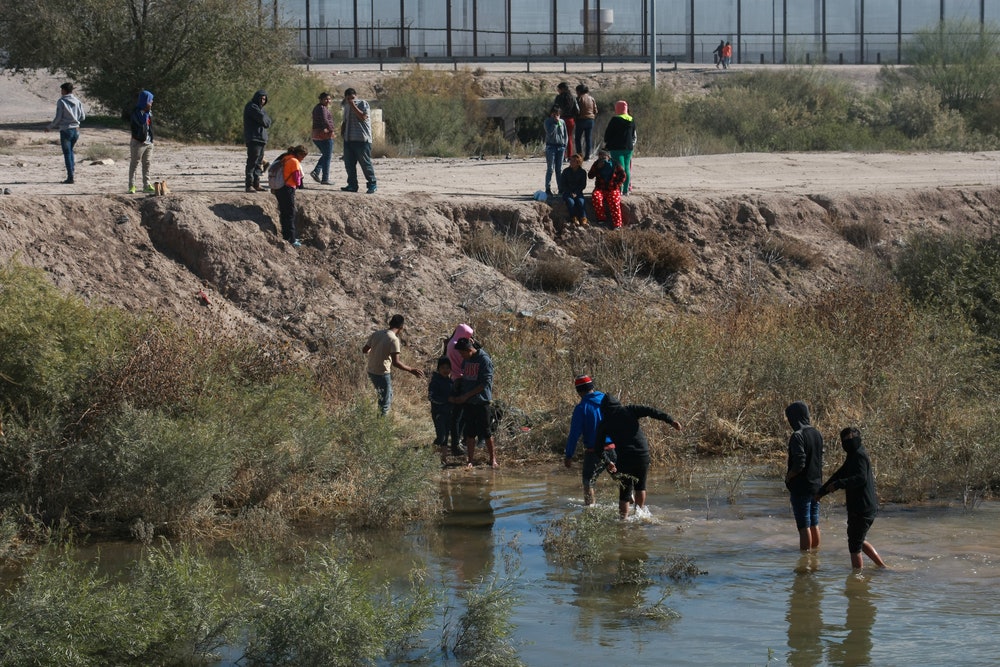Is it possible to have a fast-growing economy and a clean environment at the same time? Americans ask themselves this very question all the time,...
Is it possible to have a fast-growing economy and a clean environment at the same time?
Americans ask themselves this very question all the time, but it is rare to hear a well-informed discussion about the true relationship between economic growth and the environment. More often than not, it seems, people tend to associate a growing economy with poor environmental quality.
With this in mind, 4% Growth Project fellow Dr. Dino Falaschetti recently visited the George W. Bush Presidential Center for a “Coffee and Conversation” discussion with Bush Institute fellows and staff as well as faculty and community members from Southern Methodist University. The discussion was moderated by Dr. Eric Bing, professor of global health at SMU and a Bush Institute senior fellow and director of its global health initiative.
Falaschetti, who also directs the Montana-based Property and Environment Research Center (PERC), explained that “growth is green,” asserting that economic growth and improved environmental quality are actually highly compatible objectives. After all, growth depends on increasing productivity, and productivity is achieved by creating more output while using fewer inputs. This is consistent with the environmental goals of conservation and sustainability, which seek to use natural resources in ways that maximize their usefulness while leaving a healthy supply of resources for other uses.
Perhaps even more intriguing, however, are the very practical ways that market forces can be applied to solve even the trickiest environmental challenges. Take water shortages, for instance. Falaschetti explained that water shortages exist largely because water tends to be a resource that suffers from poorly-defined property rights. In many places, nobody has ownership rights over the water supply, meaning that nobody has the incentive to conserve it, much less ensure it is not contaminated. When property rights are assigned to water, experience shows that people are much more careful to conserve the resource and keep it clean. This is good for the economy, not to mention public health, while simultaneously achieving environmental objectives.
Water shortage is just one scenario where market forces prove beneficial. During the Bush Center “Coffee and Conversation,” Falaschetti discussed several other ways that markets can help save the environment. For a summary of the entire discussion, check out PERC’s blog, here.




























